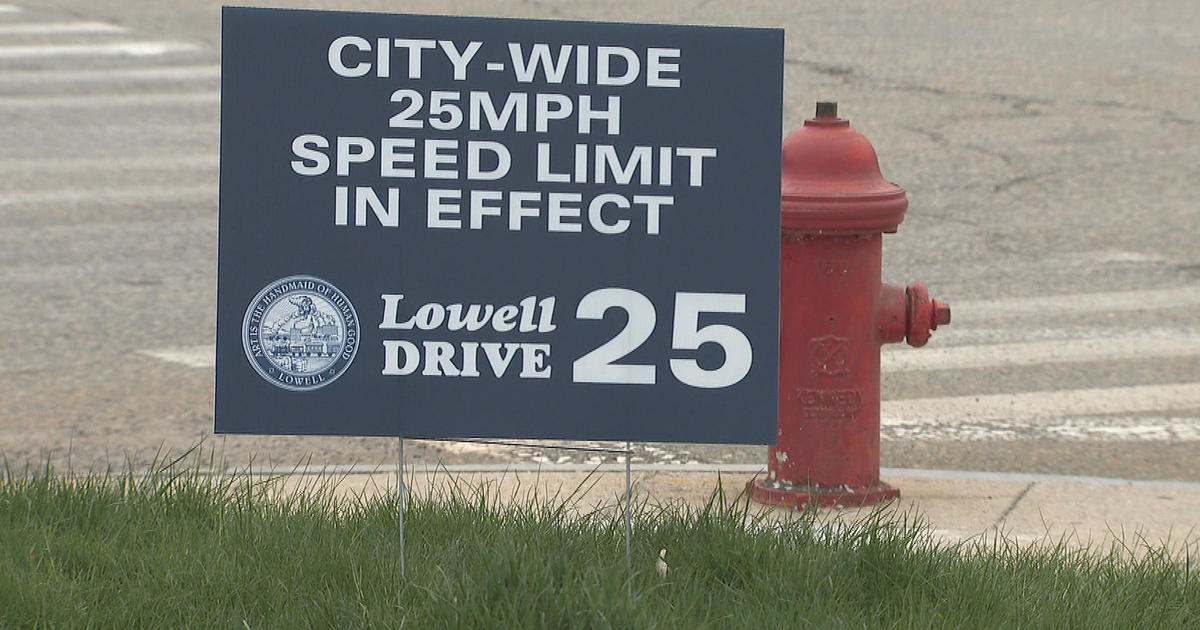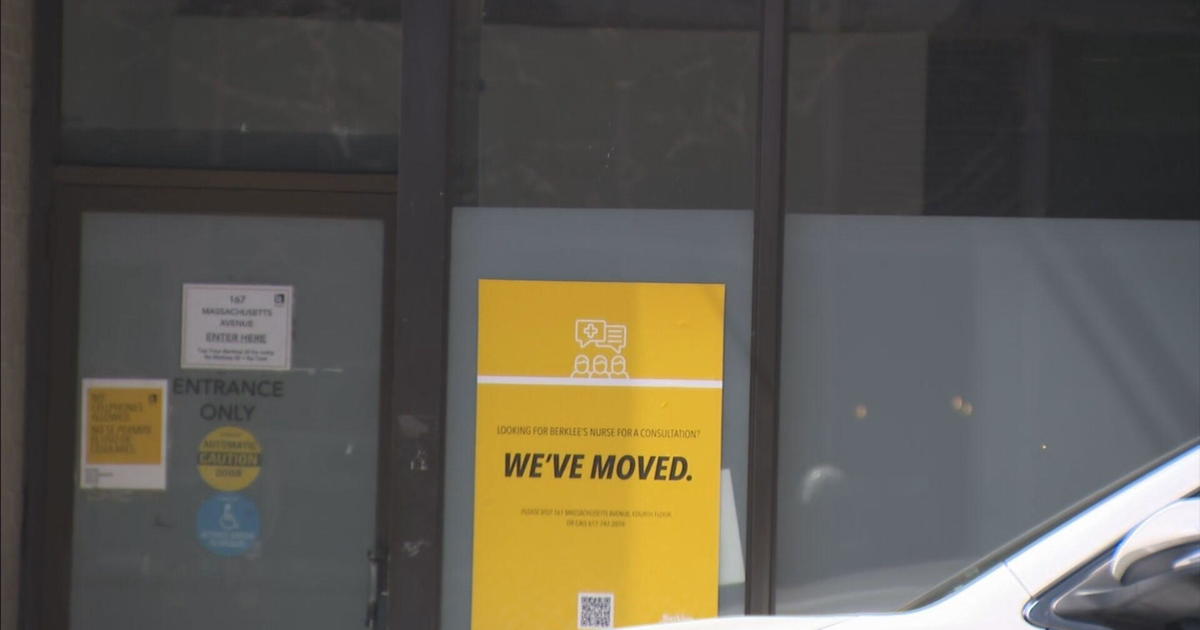SJC Ruling Threatens Sex Offender Laws In 40 Mass. Towns
BOSTON (AP) — The highest court in Massachusetts upheld a judge's decision Friday to throw out a local law that severely restricts where sex offenders can live in the city of Lynn, a ruling that could have broad implications for about 40 other communities.
Read: The Ruling
In a unanimous ruling, the Supreme Judicial Court agreed that Lynn had no legal authority to adopt the ordinance in 2011 because it is inconsistent with state laws governing the oversight of sex offenders.
Watch: SJC Hearing On Lynn Law
The Lynn ordinance prohibits Level Two and Level Three sex offenders from living within 1,000 feet of parks or public, private or church schools, effectively banning offenders from about 95 percent of the city's residential properties.
The high court said a package of laws passed by the state Legislature in 1999 establishes clear policies for monitoring sex offenders and notifying the public where they live. The court said there are "grave societal and constitutional implications" of segregating sex offenders.
"Except for the incarceration of persons under the criminal law and the civil commitment of mentally ill or dangerous persons, the days are long since past when whole communities of persons, such (as) Native Americans and Japanese-Americans may be lawfully banished from our midst," Justice Geraldine Hines wrote for the court.
Benjamin Keehn, appellate counsel for the state Committee for Public Counsel Services, which sued the city of Lynn on behalf of sex offenders, said the court's ruling effectively invalidates similar ordinances in other communities in the state.
"I would be really shocked if any city or town that has an ordinance likes this attempted to enforce it," he said.
"They make the public less safe — not more safe — by destabilizing the ability of sex offenders to get their lives together."
Lynn officials said the residency restriction is not inconsistent with state law, but instead shares the same purpose as the state law: protecting children from sexual predators.
The 1999 state laws required sex offenders to register with local police, established procedures for civilly committed sex offenders deemed the most likely to reoffend and set up community parole supervision for life for certain offenders. The laws also required police departments to release information about certain sex offenders to the public.
The court said that at least 40 communities have passed laws restricting where certain offenders live, including Ashland, Barnstable, Braintree, Dedham, Fall River, Framingham, Hopkinton, Natick, Revere, Somerset and Springfield.
Lynn officials argued that the state Attorney General's office has continued to approve similar regulations, including a North Reading bylaw approved in January. A spokeswoman for Attorney General Maura Healey did not immediately return a call seeking comment.
Geoff Beckwith, executive director of the Massachusetts Municipal Association, said the group does not have a policy position on the issue, but generally believes local officials are in the best position to decide whether a local policy or ordinance is needed.
"Clearly, there are 40 communities across the state that have taken action to enact local ordinances — they've all been approved by the attorney general who was in office at the time — cities and towns clearly felt they were supplementing and not interfering with the state's laws regarding sex offenders," Beckwith said.
But the high court said the lower court judge was correct in finding that there was "an express legislative intent to forbid local activity in the area of the civil regulation and management of the post-incarceration lives of convicted sex offenders."
Lawyers who represented the city of Lynn did not immediately return calls seeking comment.
Copyright 2015 The Associated Press. All rights reserved. This material may not be published, broadcast, rewritten or redistributed.



